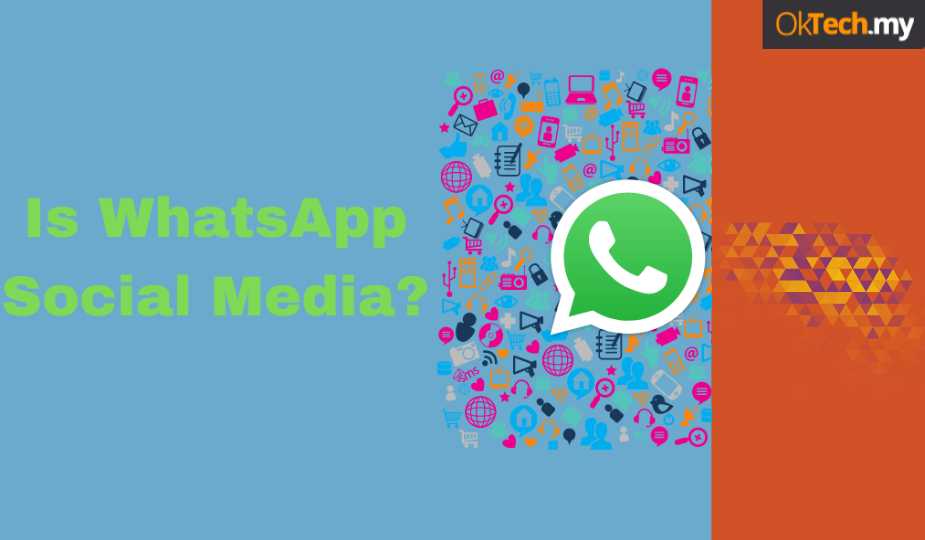Is WhatsApp Social Media

In today’s digital landscape, social media platforms have become essential tools for communication and connection. A common question that arises is, is WhatsApp social media? While WhatsApp is widely known as a messaging app, its features and evolving functionalities have sparked debates about whether it fits the traditional definition of a social media platform. In this article, we explore the characteristics of WhatsApp, compare them to conventional social media platforms, and discuss how this popular app is reshaping the way we connect online.
What Defines Social Media?
Social media platforms are typically characterized by their ability to facilitate public sharing, engagement, and networking. These platforms enable users to:
- Create and share content with a broad audience.
- Connect with friends, family, and professional networks.
- Engage in discussions through comments, likes, and shares.
- Build communities around common interests.
Traditional social media channels like Facebook, Instagram, and Twitter offer these features and focus on fostering a public or semi-public space for communication and content sharing. The primary goal is to create networks where ideas and media are exchanged openly.
Understanding WhatsApp’s Functionality
WhatsApp, on the other hand, was originally designed as a private messaging app. It provides users with a secure platform for one-on-one conversations and group chats. Here are some key features of WhatsApp:
- Instant Messaging: WhatsApp allows real-time text messaging, voice, and video calls between individuals and groups.
- Status Updates: Similar to stories on other social media platforms, WhatsApp’s status feature lets users post ephemeral content that disappears after 24 hours.
- Media Sharing: Users can share images, videos, documents, and audio files within chats.
- End-to-End Encryption: WhatsApp is known for its strong privacy features, ensuring that messages remain private between the sender and the recipient.
While WhatsApp primarily focuses on private interactions, features like status updates and group chats introduce elements of social sharing. These functionalities blur the line between a simple messaging app and a social media platform, prompting us to ask: is WhatsApp social media?
The Debate: Is WhatsApp Social Media?
Arguments for WhatsApp as a Social Media Platform
- Status Feature: WhatsApp’s status feature allows users to share updates, photos, and videos with their contacts. Although these updates are temporary, they mirror the “story” features found on Instagram and Facebook.
- Group Chats: The ability to create groups where multiple users can interact and share content fosters a sense of community, a key element of social media.
- Business Integration: WhatsApp Business allows companies to connect with customers, provide support, and share updates, which aligns with social media’s role in customer engagement and brand communication.
Arguments Against WhatsApp as a Social Media Platform
- Privacy and Intimacy: Unlike traditional social media platforms that promote public sharing, WhatsApp is centered around private, secure communication. This focus on privacy means that interactions are typically limited to known contacts rather than a broader public audience.
- Limited Public Engagement: WhatsApp does not have features that facilitate wide-scale public engagement, such as public profiles, hashtags, or widespread content sharing beyond one’s immediate network.
- User Intent: Most users primarily utilize WhatsApp for personal communication rather than content consumption or public discourse, which is a hallmark of social media.
How Social Media Marketing Strategies Can Leverage WhatsApp
Regardless of whether WhatsApp is classified strictly as a social media platform, its powerful communication features can be harnessed as part of a broader digital marketing strategy. For businesses, incorporating WhatsApp into your digital marketing efforts can lead to improved customer engagement and direct communication. Using WhatsApp for customer support, personalized updates, and targeted promotions can complement your overall social media marketing strategy.
For instance, combining your digital efforts with professional guidance can elevate your online presence. Consider partnering with digital marketing experts who can help optimize your website and online campaigns, such as SEO Service Johor Bahru and Facebook Ads Agency Malaysia. These partnerships ensure your overall digital strategy remains robust, driving engagement and conversions across all channels.
Conclusion
So, is WhatsApp social media? The answer isn’t a simple yes or no. While WhatsApp incorporates certain social features like status updates and group chats, its core functionality remains focused on private, secure communication. However, this does not diminish its value as a tool for digital engagement and marketing.
Understanding how platforms like WhatsApp fit into the broader digital ecosystem allows businesses and individuals to leverage its strengths effectively. Whether you classify WhatsApp as a social media platform or a powerful messaging tool, its impact on digital communication is undeniable. Embrace the unique benefits of WhatsApp and integrate it into your overall digital strategy to foster deeper connections and drive growth.
By staying informed about evolving digital trends, you can make strategic decisions that enhance your online presence and engagement. Happy networking and successful digital marketing!







